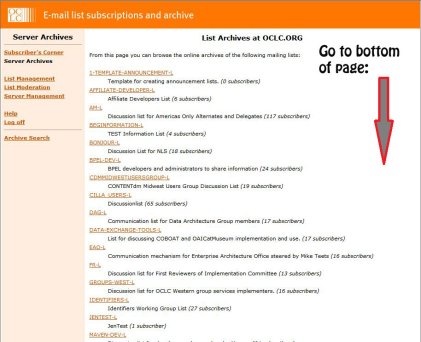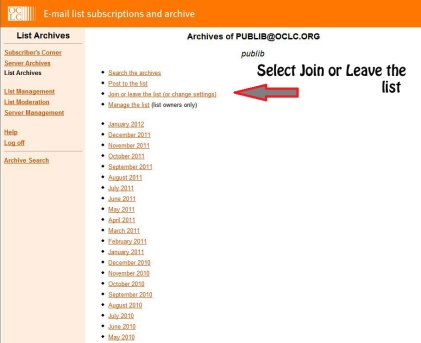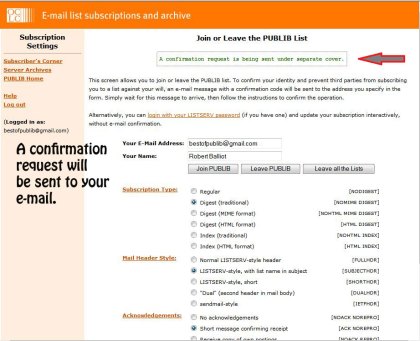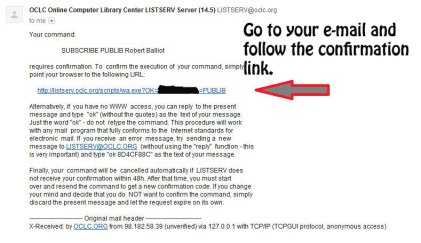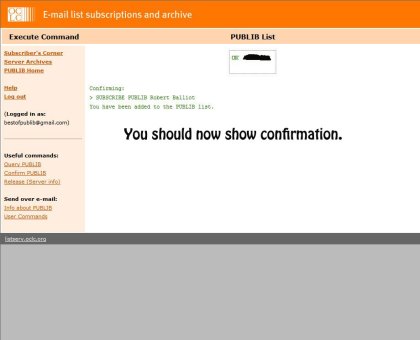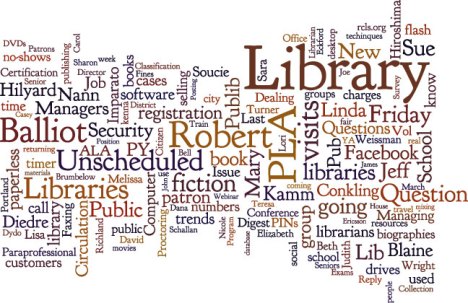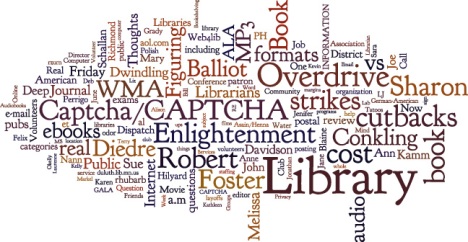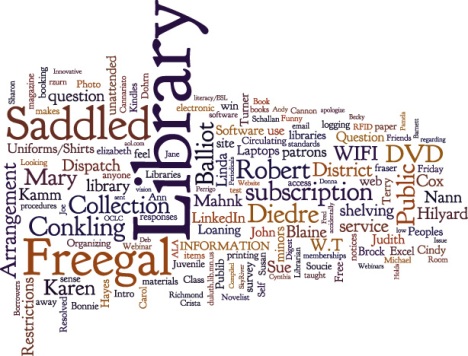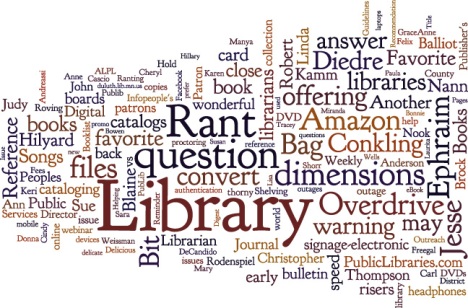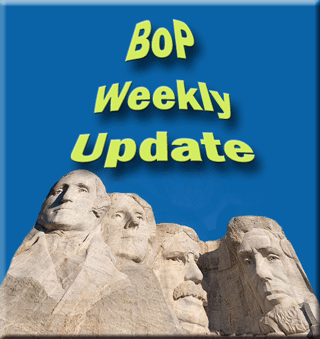Virtualization of the Patron Experience
![]()
This very interesting article in USAToday about the future of retail and virtualization of the customer experience demonstrates how big data can affect and effect virtualized experiences for their patrons:
http://www.usatoday.com/tech/news/story/2012-08-05/future-retail-tech/56880626/1
Libraries compete with online information resources in much the same way the traditional retailers compete with online sellers.
Question ~ How will libraries adapt over the next ten years?
Robert Balliot for https://bestofpublib.wordpress.com
Discussion ~ My work in managing/developing online catalogs – with 20,000+ medical equipment / supply products and 7,000+ multi-website display products exceeded what library catalogs do and from an SEO standpoint would beat out Amazon for Google placement. Traditional retail could not compete because of delivery and cost. BestBuy is a great place to put your hands on tech, but the prices are much higher. As e-commerce websites become more and more user-friendly – where you have good photos of products and good descriptions, the whole process ends up making all products into commodities with the lowest cost determining purchase.
With libraries, the focus has generally been on maintaining the status quo and keeping current bureaucracies in place until they can retire. This is not any different for any other bureaucracy – it is a natural inclination – not library specific to simply maintain. With the focus on cost of maintaining services though, without innovation the perception of value diminishes. One of the best things I have seen recently in libraries is the introduction of Makerbots as a library resource. It is those sorts of high-priced shared resources that extend the value and bring people inside the library systems.
But, the issue does become lowest cost. As we see transportation cost rise, the casual trip to the library could cost $10 in gas. What would $10 purchase virtually? The associated costs of operating libraries – broken down between the people who continue to use them and the disproportionate number of people who don’t would add additional cost to each real visit. As information becomes a commodity the lowest cost will determine where we purchase. That does not mean that the value of libraries as a sense of place and source of inspiration does not add a real value to information consumption.
![]()
Please join us on BestofPublib Facebook
The Publib Archives
The Publib archives from the Webjunction listserve are available here: Archives (Wait – they really aren’t anymore).
Archives compiled after Dec. 7, 2011 are available here: Archives
![]()
Filed under: Administration, Buildings & Grounds, Centralization, Centralized processing, Circulation, Contracting out, Databases, EBooks, Ethics, Gaming, Hardware, Information Security, Interlibrary loan, Library Profession, Multimedia, On-line, Outreach, Public Services, Software, Technical Services, Technology, Web 2.0 / 3.0, Web librarianship | Tagged: big data, Bre Pettis, makerbots, virtualization | 2 Comments »












